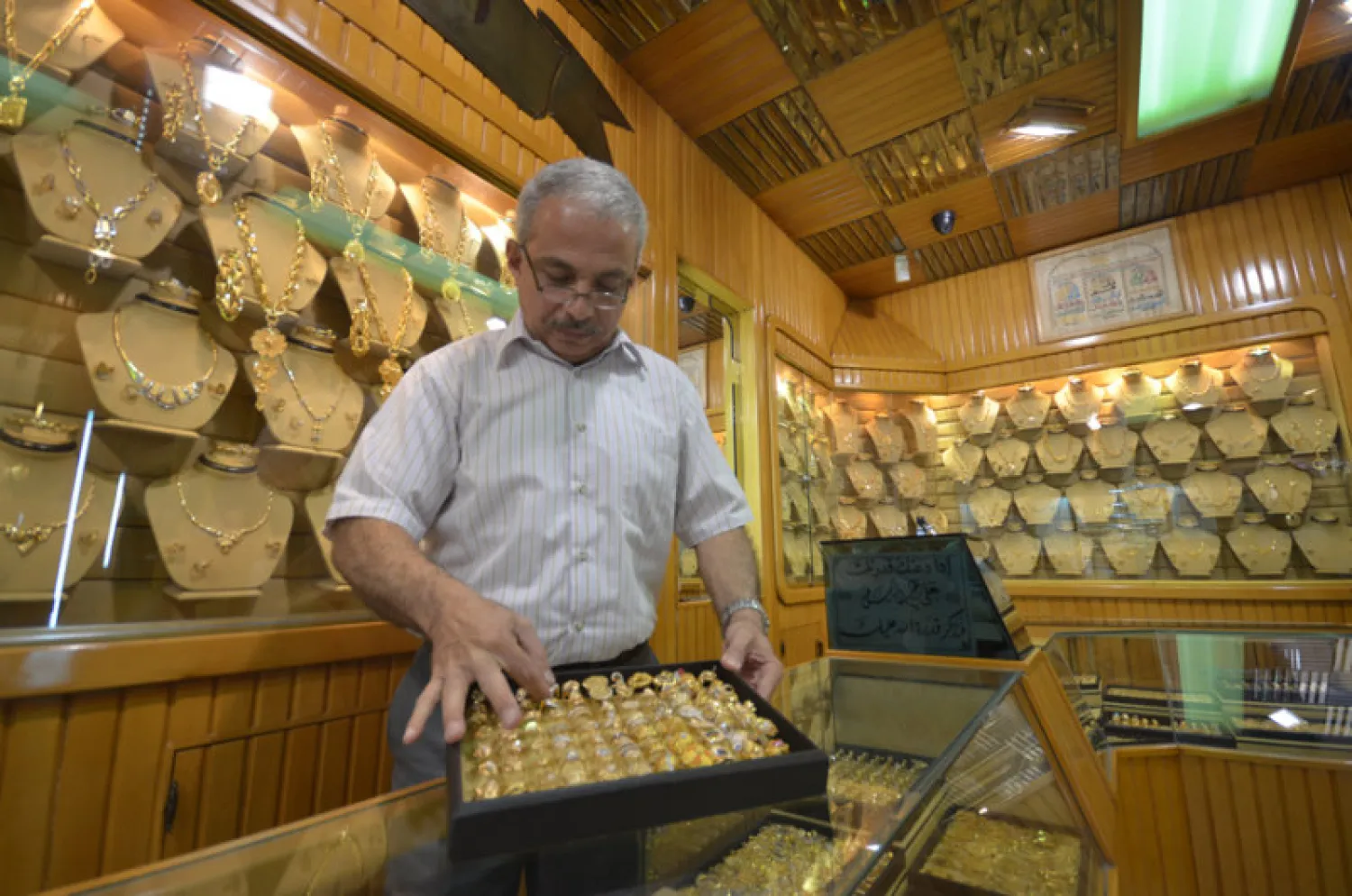Jordan’s public debt has amounted to JD27.443 billion ($38.69 billion) by the end of January 2018, constituting 95.6 percent of the gross domestic product (GDP) compared to JD27.296 billion ($38.45 billion) in the same period in 2017, the Finance Ministry said on Monday.
The ministry said that the debts of the National Electric Power Company (NEPCO) and the Water Authority of Jordan (WAJ) reached JD 3.7 billion by the end of January this year.
The net public debt stood at JD 25.790 billion at the end of January 2018, which constituted 89.8 percent of the 2017 GDP, the ministry said.
Regarding the outstanding external debt, it increased to JD 11.87 billion, or 4.41 percent of the estimated GDP at the end of January 2018, compared to JD 11.86 billion, or 41.5 percent at the end of 2017.
On the other hand, the external debt service has amounted to about JD 158.7 million in January 2018, distributed as JD 110.4 million in installments and JD 48.3 million as interest.
As for the net balance of internal public debt (public budget and budgets of independent institutions), it rose at the end of January to reach about JD 13.916 billion, or 48.5 percent of GDP, compared to about JD 13.568 billion or 47.4 percent of GDP at the end of 2017, up JD 347.2 million.
In a related matter, the Jordan Jewelers Association (JJA) and the Standards and Metrology Organization (JSMO) of the Jordanian government reached a consensus decision to cancel the sales tax on gold and jewels.
JJA President Osama Imseeh told reporters that it was agreed to cancel the 16 percent tax on the gold coin and keep the stamping fee.
Imseeh added that the meeting, which brought together representatives of the association with the Director of JSMO and the Director General of income and sales tax on Monday, resulted in a consensus on the cancellation of the tax, and the traders ended their strike after the agreement and opened their shops.
Notably, gold traders had decided to carry out a comprehensive strike and closed their shops in protest against the government's decision to impose a 16 percent tax on the gold fee imposed recently.









